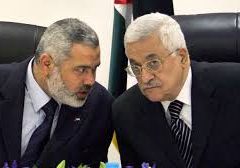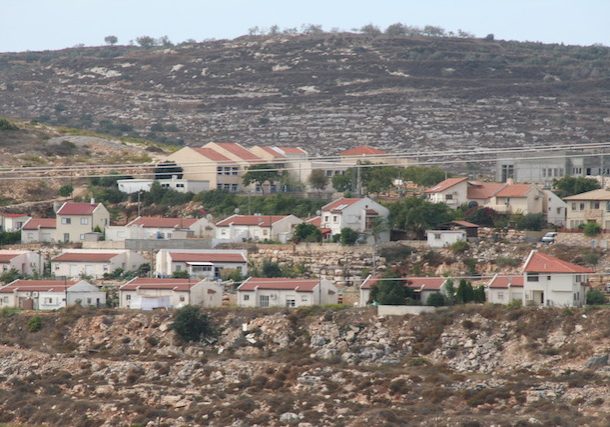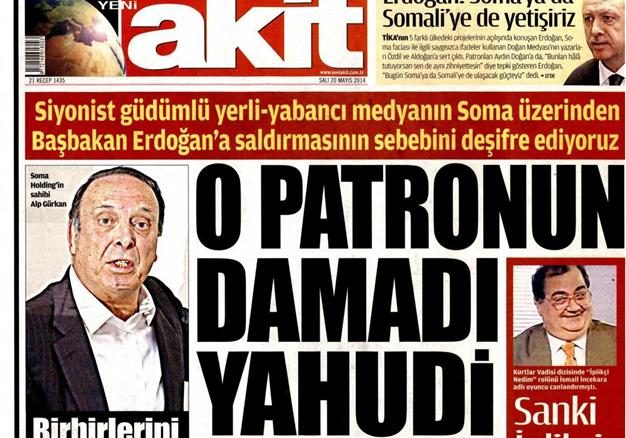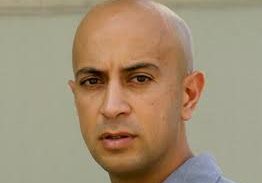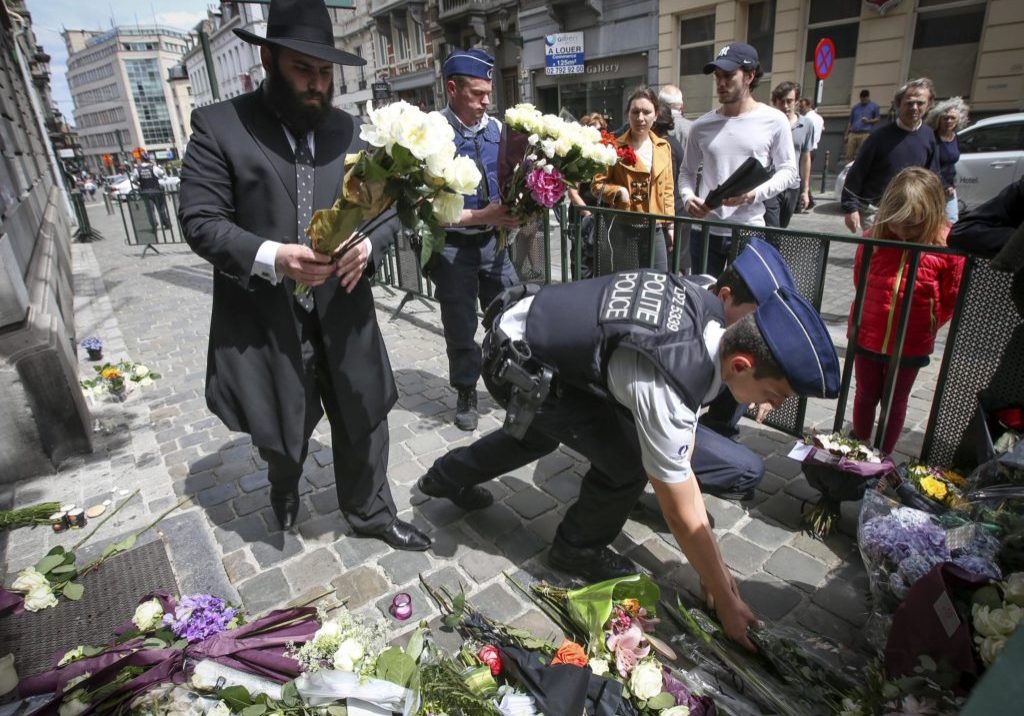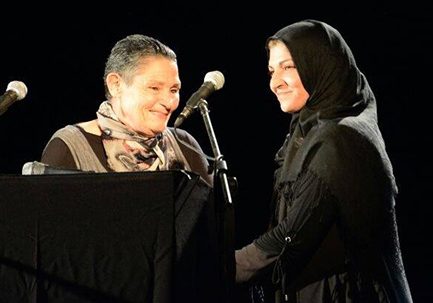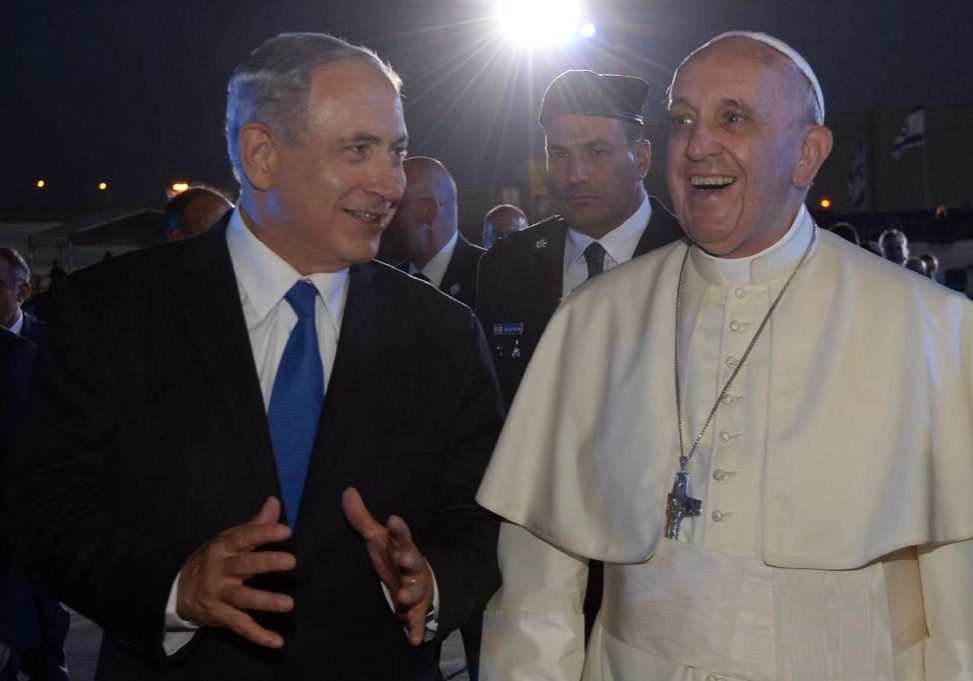
Pope Francis in Israel and PA/ Far-right makes big gains in EU
May 29, 2014
Today’s Update features commentary on two significant events of the past few days – Pope Francis’ important, but somewhat controversial, three-day visit to Israel (here’s the text of Pope Francis’ speech on arrival in Israel) the Palestinian territories and Gaza, and the major gains in European elections by parties of the far-right, including France’s Front National, to Greece’s Golden Dawn, Hungary’s Jobbik, and others.


